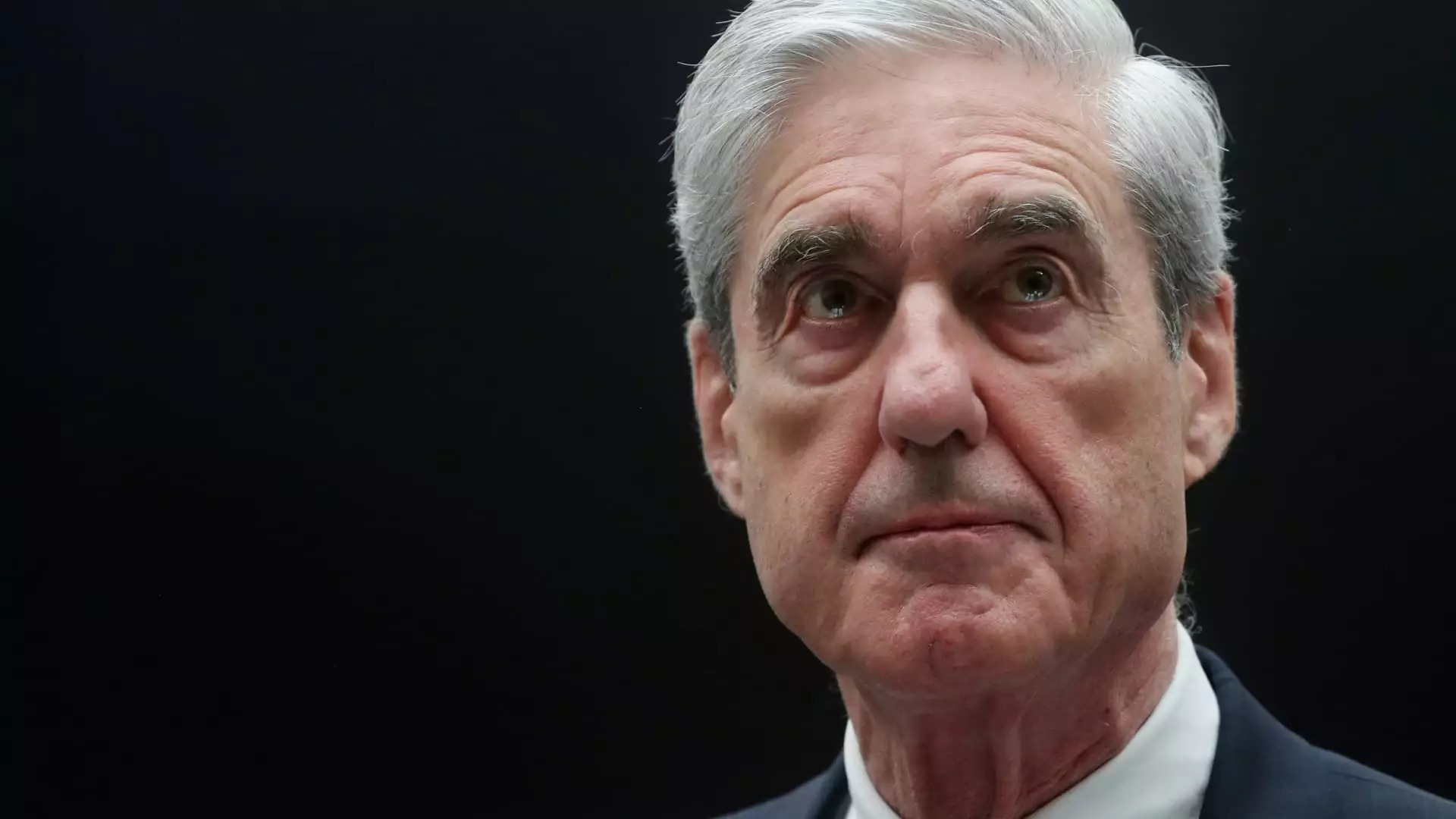In a dramatic twist that underscores the volatile atmosphere surrounding the Department of Justice (DOJ), former spokesman Peter Carr was recently dismissed from his position, leaving many observers both stunned and questioning the motivations behind the move. Carr, who had served as a spokesperson for high-profile special counsels like Robert Mueller and Jack Smith, was let go by Deputy Attorney General Todd Blanche, a figure whose career has been closely intertwined with the political machinations surrounding Donald Trump. The email announcing his departure seemed almost scripted, marked by formal politeness yet hinting at the underlying tensions that led to his abrupt ousting.
This decision not only raises eyebrows about the integrity of DOJ’s operations but also amplifies the growing concern regarding political influence in what should be a neutral, impartial justice system. It’s hard to ignore the symbolic nature of Carr’s firing; he represents a connection to investigations that have haunted Trump for years. His presence was a reminder of the complexities surrounding accountability, especially as the nation grapples with the implications of placing power in the hands of individuals steeped in political controversy.
The Politics of Dismissal
The circumstances surrounding Carr’s firing are far from isolated incidents. Since January 2021, the DOJ has seen significant personnel changes, particularly those involved with Smith’s investigations. What raises flags is the appointment of Todd Blanche, who not only has a history of representing Trump in criminal cases but also has now publicly positioned himself in opposition to the very investigations that Carr was part of. This situation begs the question: Are career public servants like Carr being sacrificed on the altar of political expediency?
One might argue that this is a classic case of political reckoning, wherein the new leadership seeks to reshape the institution to reflect its allegiances. While the DOJ’s institutional integrity has always been challenged, there’s an apparent urgency now to distance the department from figures who have been involved in any investigations linked to Trump. Such a trend could have dire repercussions for American democracy itself, as the perception of a biased legal system becomes rooted in public consciousness.
The Legacy of the Mueller Probe
It’s essential to contextualize Carr’s work within the broader scope of the Mueller investigation—an inquiry that examined critical elements like Russian interference in the 2016 election and potential collusion with the Trump campaign. Notably, while Mueller’s probe led to numerous indictments, it intriguingly decided against charging Trump himself. This nuanced conclusion left the nation in a limbo, as Mueller stated that the evidence did not exonerate the former president, yet stopped short of accusing him of any crime.
It is against this backdrop that the DOJ’s current upheaval becomes even more poignant. The legacy of the Mueller investigation is inextricably linked to ongoing narratives about accountability and the preservation of democratic norms in the face of troubling political behavior. Carr’s firing serves as a reminder that the fallout from Mueller’s probe isn’t merely a concern of yesteryear; it looms large in today’s political discourse, where the very foundations of justice seem undermined by partisanship and vindictiveness.
Reflections on Justice and Democracy
In this context, Carr’s termination poses significant questions about justice in our democracy. Is the DOJ, an institution that ideally operates above partisan lines, falling prey to the same political influences that have distorted so many other areas of governance? For those of us who champion a robust, fair, and independent justice system, Carr’s firing is indicative of a troubling shift—one that could perpetuate a cycle where political loyalty trumps legal obligation.
As we reflect on these developments, it is crucial to advocate for a DOJ that can rise above the fray of political contests, one that prioritizes truth, fairness, and the rule of law over political expedience. If we allow the character and integrity of our justice system to be compromised, we risk normalizing a culture of impunity where law enforcement serves political interests rather than the principles of democracy.

Leave a Reply